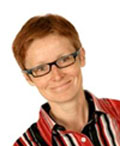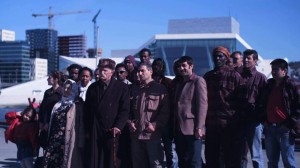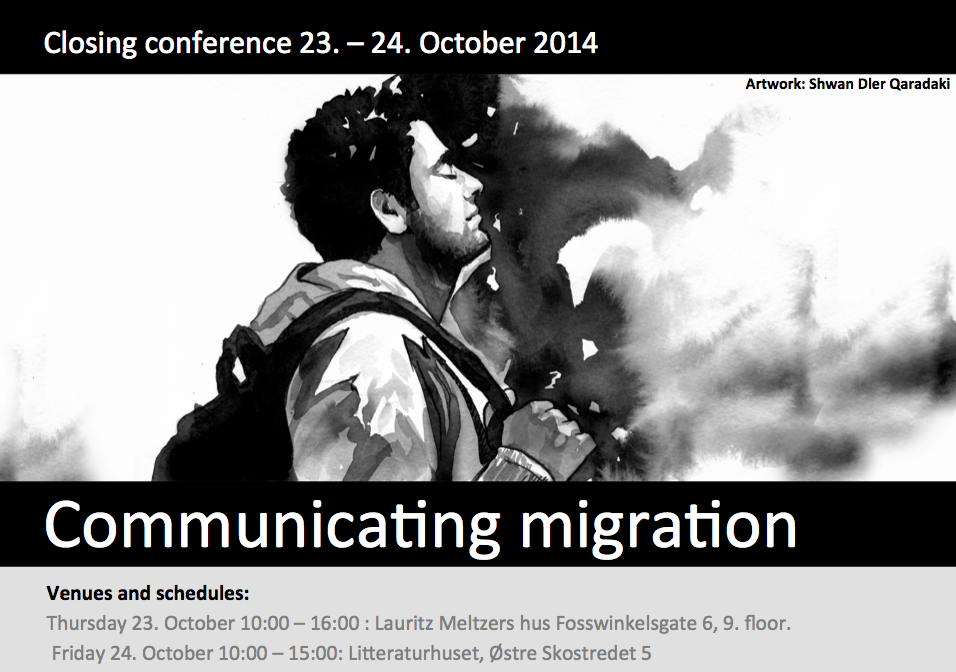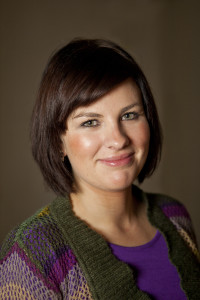Friday 13.03.15 12.00-13.30 @ UNI Rokkan centre, Nygårdsgaten 5, Bergen (6 etg)
In the publ ic debate and contemporary social policies in Norway as well as in other countries, concentrations of “immigrants” in certain areas of a city are considered to be unfortunate and something which needs to be fought against (see i.e. Gakkestad 2003; Akerhaug 2012). It is anticipated that spatial concentrations of “immigrants” enforces the social isolation of “immigrants” and triggers criminal activities, among other aspects. This becomes very obvious when a “high percentage of immigrants” in an area serves as basis for referring to that area as a “ghetto” or “insecure” (see i.e. Sæter 2005; Vassenden: 2007; cf. Akerhaug 2012).
ic debate and contemporary social policies in Norway as well as in other countries, concentrations of “immigrants” in certain areas of a city are considered to be unfortunate and something which needs to be fought against (see i.e. Gakkestad 2003; Akerhaug 2012). It is anticipated that spatial concentrations of “immigrants” enforces the social isolation of “immigrants” and triggers criminal activities, among other aspects. This becomes very obvious when a “high percentage of immigrants” in an area serves as basis for referring to that area as a “ghetto” or “insecure” (see i.e. Sæter 2005; Vassenden: 2007; cf. Akerhaug 2012).




 18-00 to 19.30 Letter to the King portrays five people on a day trip from a refugee camp to Oslo, a welcome change in an otherwise monotonous life. But we soon realize that each and every one of them has an agenda for their trip. All five will make decisive choices on this day, as they discover happiness, humiliation, love or fulfill a long-awaited revenge. The five stories are tied together by a letter, written by eighty-three year old Mirza. Mirza wants to hand over the letter to the King personally. (Film by Hisham Zaman)
18-00 to 19.30 Letter to the King portrays five people on a day trip from a refugee camp to Oslo, a welcome change in an otherwise monotonous life. But we soon realize that each and every one of them has an agenda for their trip. All five will make decisive choices on this day, as they discover happiness, humiliation, love or fulfill a long-awaited revenge. The five stories are tied together by a letter, written by eighty-three year old Mirza. Mirza wants to hand over the letter to the King personally. (Film by Hisham Zaman) 

 ation will centre on my PhD thesis – a thesis that I according to plans will defend 7 November this year at the University of Bergen. The thesis presents an examination of the US television serial 24’s representation of Muslim characters, and it explores to what extent the perception of these characters can be determined by the cultural and ethnic belonging of the audience. The main reason for choosing to study 24 exclusively is that after 9/11 the serial played a central role in the public debate about whether Muslims are being stereotyped in US
ation will centre on my PhD thesis – a thesis that I according to plans will defend 7 November this year at the University of Bergen. The thesis presents an examination of the US television serial 24’s representation of Muslim characters, and it explores to what extent the perception of these characters can be determined by the cultural and ethnic belonging of the audience. The main reason for choosing to study 24 exclusively is that after 9/11 the serial played a central role in the public debate about whether Muslims are being stereotyped in US 